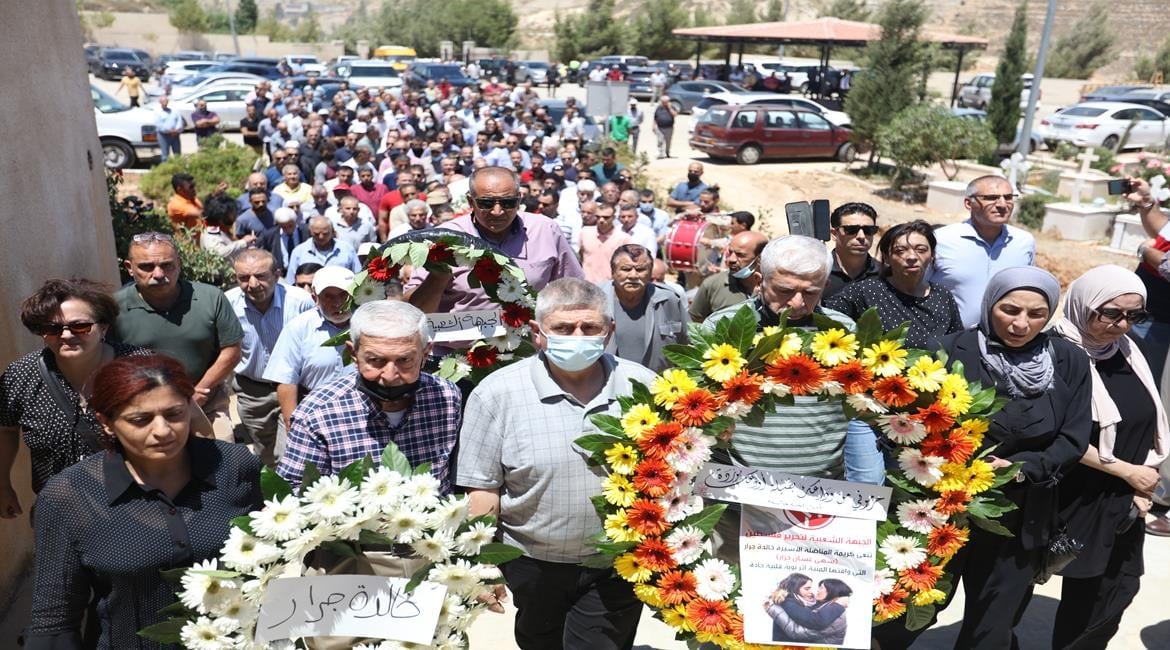
Khalida Jarrar, the imprisoned Palestinian feminist, leftist and parliamentarian, a Palestinian national leader and prominent representative of the Popular Front for the Liberation of Palestine, issued the statement below from her prison cell in Damon Prison on Tuesday, 13 July, mourning her daughter Suha.
Khalida Jarrar was denied early release or even furlough to attend her daughter’s funeral by the Israeli occupation. Suha, 30, died tragically of a heart attack on Sunday, 11 July. Hundreds of Palestinians joined in her funeral procession in Ramallah.
Letter of Khalida Jarrar from Damon Prison, Haifa, occupied Palestine, 13 July 2021
I am in so much pain, my child, only because I miss you.
I am in so much pain, my child, only because I miss you.
From the depths of my agony, I reached out and embraced the sky of our homeland through the window of my prison cell in Damon Prison, Haifa. Worry not, my child. I stand tall and steadfast, despite the shackles and the jailer. I am a mother in sorrow, from yearning to see you one last time.
This doesn’t happen except in Palestine. All I wanted was to bid my daughter a final farewell, with a kiss on her forehead and to tell her I love her as much as I love Palestine. My daughter, forgive me for not attending the celebration of your life, that I was not beside you during this heartbreaking and final moment. My heart has reached the heights of the sky yearning to see you, to caress and plant a kiss on your forehead through the small window of my prison cell.
Suha, my precious. They have stripped me from bidding you a final goodbye kiss, so I bid you farewell with a flower. Your absence is searingly painful, excruciatingly painful. But I remain steadfast and strong, like the mountains of beloved Palestine.
الأسيرة الأم خالدة جرار “أم يافا”
١٣ تمّوز ٢٠٢١:
موجوعة يا ماما بس لأنّي مشتاقة
موجوعة يا ماما بس لأنّي مشتاقة
من قوة هذا الوجع، عانقتُ سماء هذا الوطن من خلال نافذة زنزانتي في قلعة الدامون/ حيفا. أنا شامخة وصابرة، رغم القيد والسجّان. أنا الأم الموجوعة من الاشتياق. لا يحصل هذا كلّه إلّا في فلسطين. فقط أردتُ أن أودّع ابنتي بقبلةٍ على جبينها، وأقول لها أُحبّك بحجم حبّي لفلسطين. اعذريني يا ابنتي لأنّي لم أكُن في عرسك، لم أكُن بقربك في هذا الموقف الإنساني الصعب والمؤلم. ولكنّ قلبي وصل عنان السماء اشتياقاً، لامَس جسدك وطبَع قبلةً على جبينك من خلال نافذتي في قلعة الدامون.
سهى غاليتي..
حرموني من وداعك بقبلة، أودّعك بوردة. فراقك موجع، موجع.. ولكنّي قوية كقوة جبال وطني الحبيب.
My mom Khalida Jarrar’s letter from her cell in Damon prison, Haifa. Read at my sister Suha’s funeral this morning. #FreeKhalidaJarrar pic.twitter.com/fvSplg4jmo
— Yafa Jarrar (@YafaJarrar) July 13, 2021
Immediate actions:
- Sign the petition to demand Khalida’s immediate release.
- Update your Facebook profile with a frame demanding Khalida’s release.
- Are you in Canada? Write to the Canadian government to demand Khalida’s immediate release.
This latest attack on Jarrar and her family came as thousands of people around the world have signed a petition, demanded their governments take action and expressed their outrage at the ongoing repression directed at Khalida Jarrar and her family, even at a moment of great tragedy. Suha Ghassan Jarrar, 30, was a committed Palestinian human rights defender who worked with Al-Haq and spoke around the world, defending and upholding Palestinian rights and liberation.
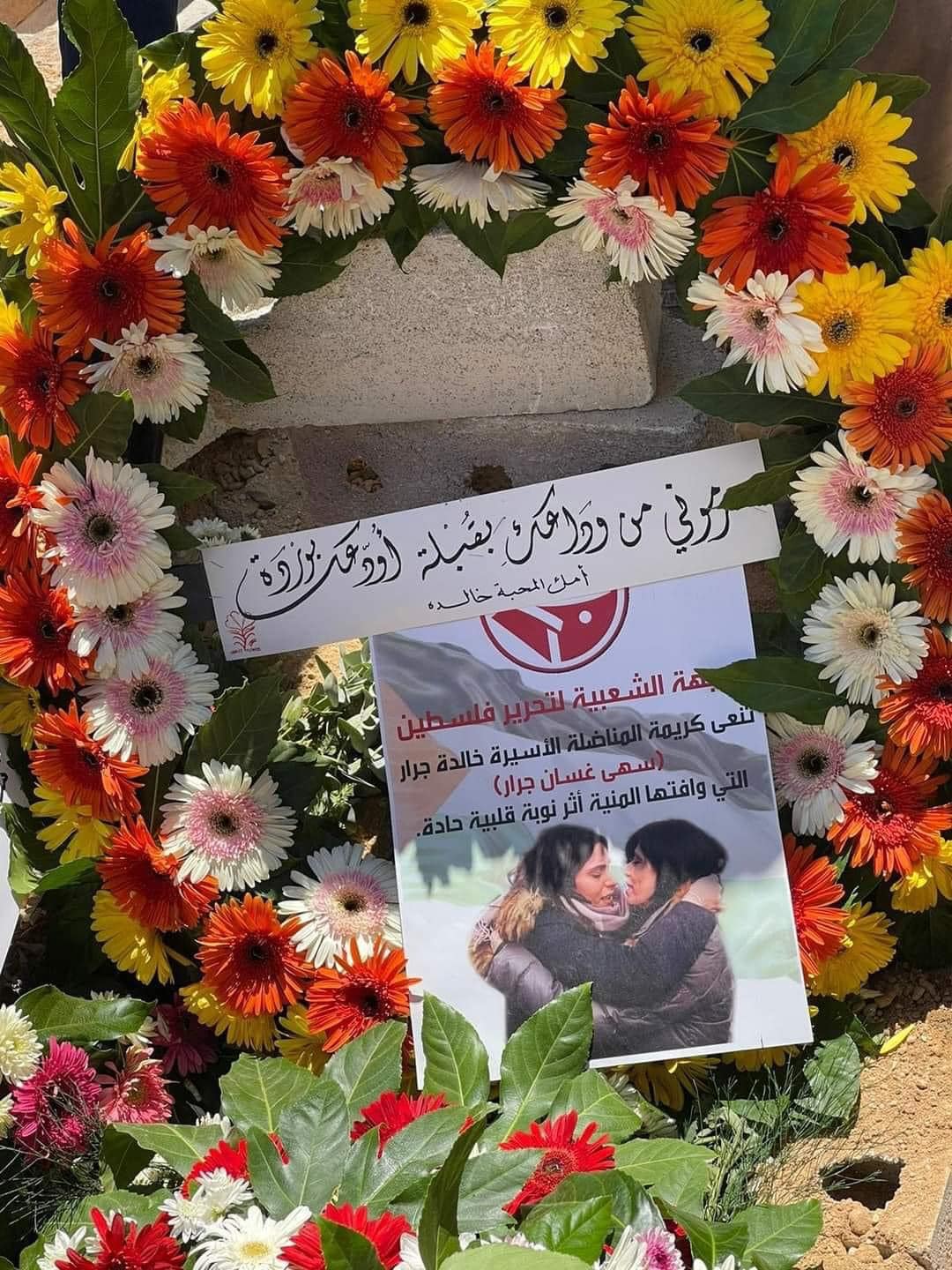
We mourn the loss of Suha Jarrar and express our deepest condolences to Khalida, Ghassan and Yafa Jarrar. We urge all supporters of Palestine to amplify and intensify the international call to demand freedom for Khalida Jarrar.
TAKE ACTION:
Sign and Share the Petition!
We urge all supporters of Palestine sign the petition to demand Khalida Jarrar’s immediate release and seek worldwide support: https://bit.ly/FreeKhalidaJarrar
Sign the petition to demand Khalida’s immediate release.
Update your Facebook profile with a frame demanding Khalida’s release.
Are you in Canada? Write to the Canadian government to demand Khalida’s immediate release.
This petition addresses the United Nations and calls on human rights organizations like Amnesty International to take a stand for Khalida’s immediate freedom.
Join the Social Media Campaign
Post with the #FreeKhalidaJarrar hashtag and join Palestinians and supporters of justice around the world!
- Update your Facebook profile with a frame demanding Khalida’s release.
- Use the posters below to share!
Protest at the Israeli Embassy or Consulate in Your Country!
Join the many protests taking place around the world — confront, isolate and besiege the Israeli embassy or consulate in your city or country of residence. Make it clear that the people are with Palestine! Send us your events at samidoun@samidoun.net.
Take to the streets: Organize a protest in solidarity with Palestine!
Hundreds of thousands – millions of people – around the world have marched and protested with Palestine, its people and its liberation over the past week. Your protest and organizing is also key to highlighting the campaign to free Khalida! Take to the streets and join the actions on our full list of events, which is constantly being updated as new actions are announced! Organize your own if there is none in your area, and send us your events at samidoun@samidoun.net.
Boycott Israel!
The international, Arab and Palestinian campaign to boycott Israel can play an important role at this critical time. Local boycott groups can protest and label Israeli produce and groceries. During Ramadan, Israeli dates from stolen Palestinian land are marketed around the world while Israel attempts to force Palestinians from Jerusalem, demolish homes, and imprisons thousands more. By participating in the boycott of Israel, you can directly help to throw a wrench in the economy of settler colonialism.
Demand Your Government Sanction Israel!
The racist, settler colonial state of Israel and its war crimes against the Palestinian people are enabled and backed extensively by the over $3.8 billion each year given to Israel by the United States — targeted directly to support the Israeli occupation military killing children, women, men and elders throughout occupied Palestine. From Canada to Australia to the European Union, Western governments and imperialist powers provide ongoing diplomatic, political and economic support to Israel as well as selling billions of dollars of weaponry to the settler-colonial state. Meanwhile, they also purchase billions of dollars in weaponry from the Israeli state. Governments in league with imperialist powers, such as in the Philippines, Brazil, India and elsewhere, also buy weapons and “security” services — all “battle-tested” on the Palestinian population. Call your representatives, MPs, political officials and demand your government sanction Israel now, cut off all aid, expel its ambassadors, and stop buying and selling weapons!

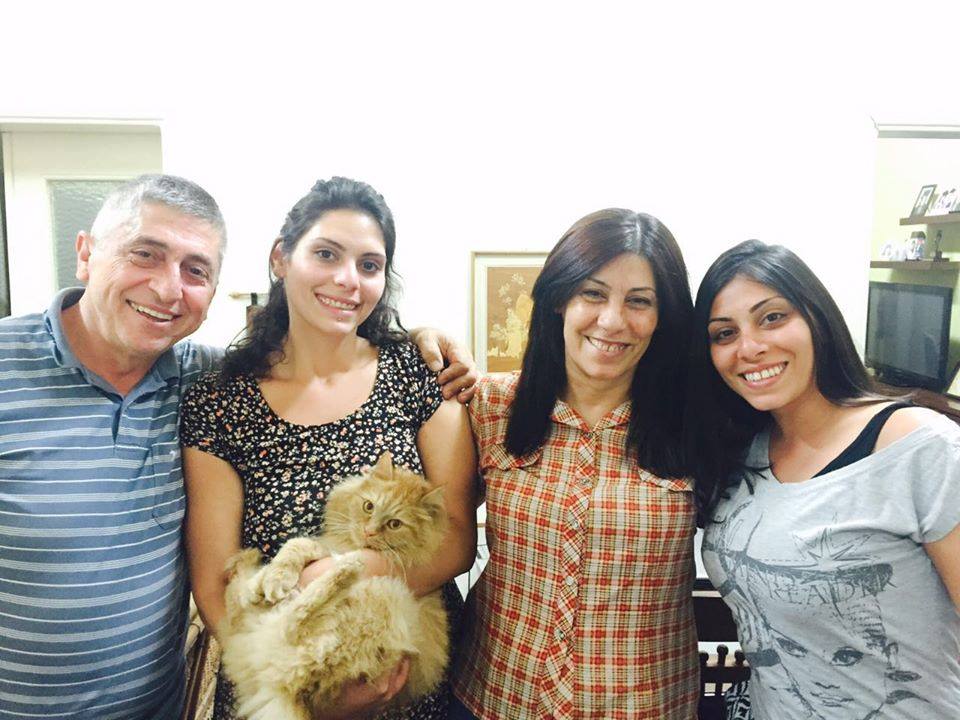

.png)
.gif)
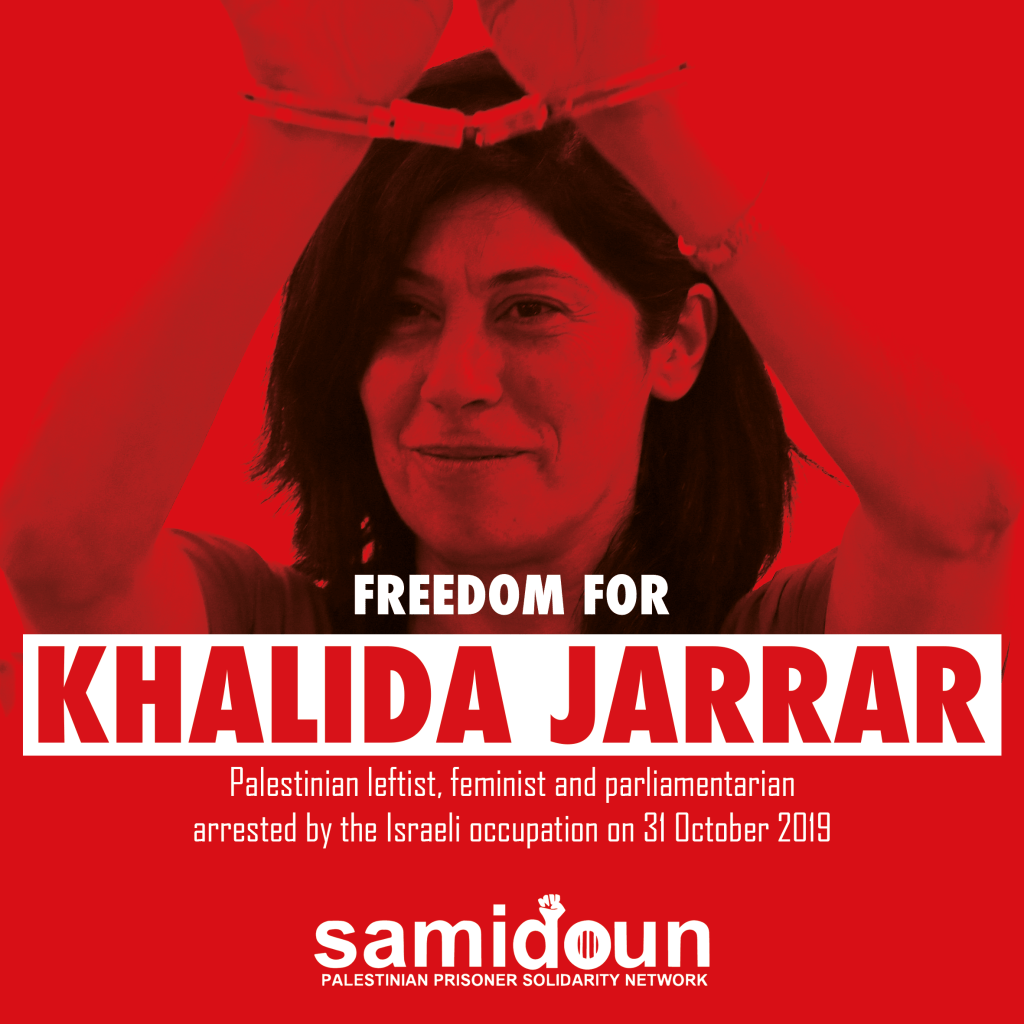
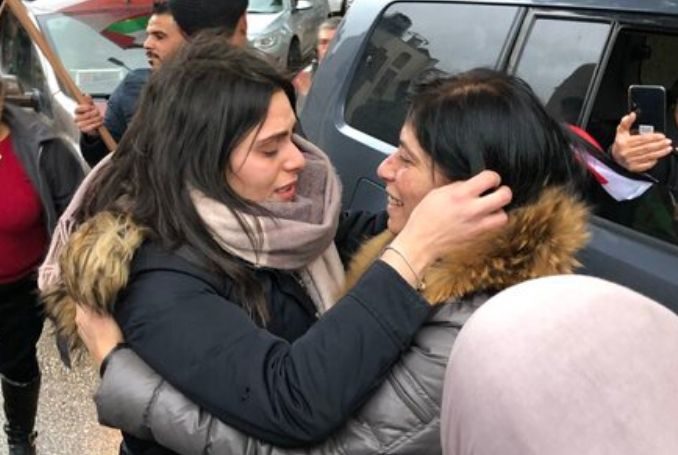

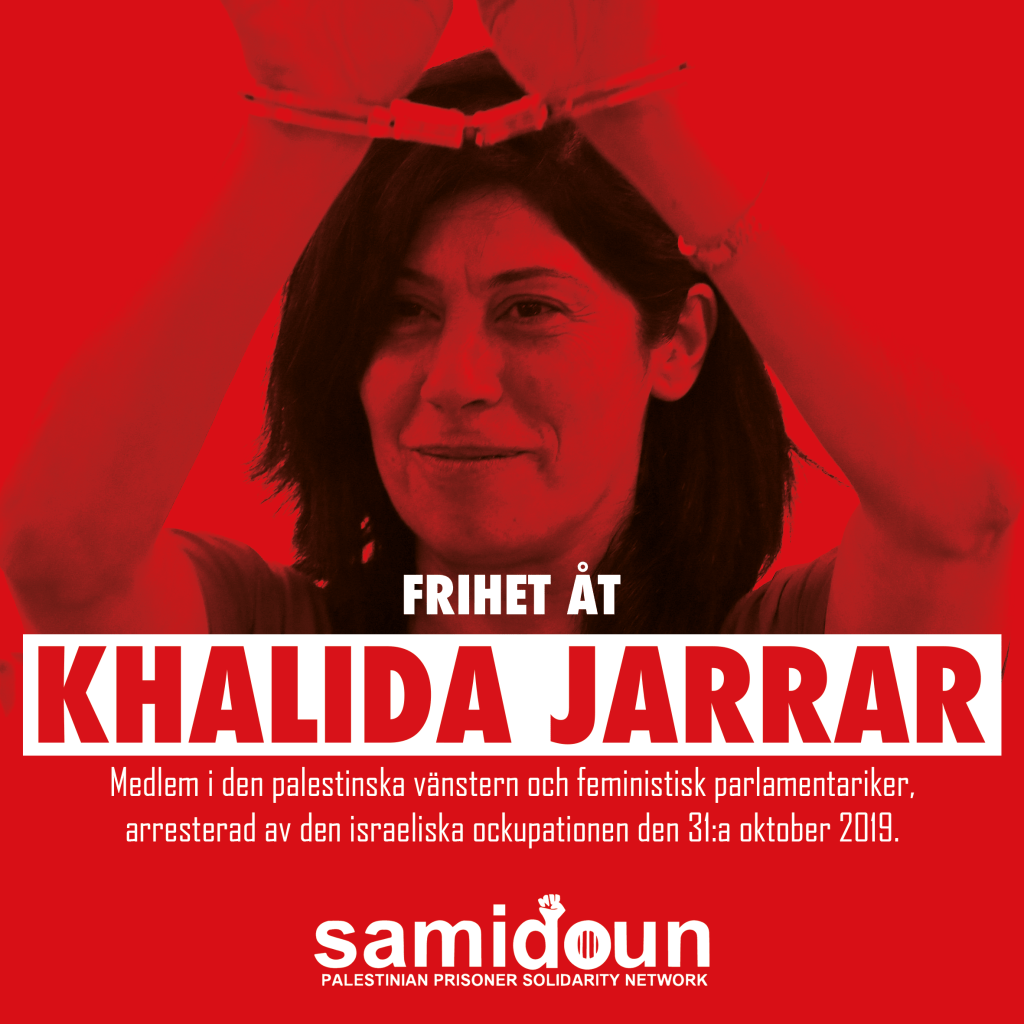
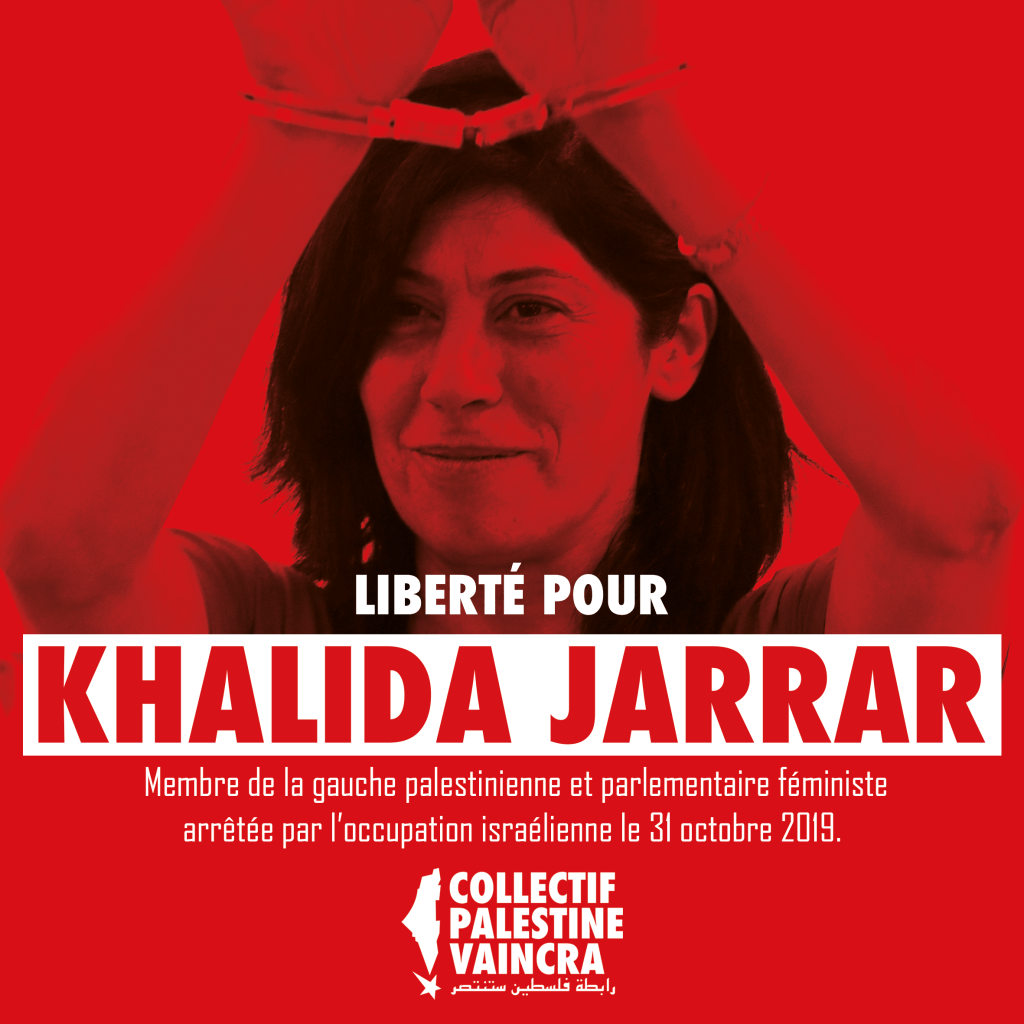
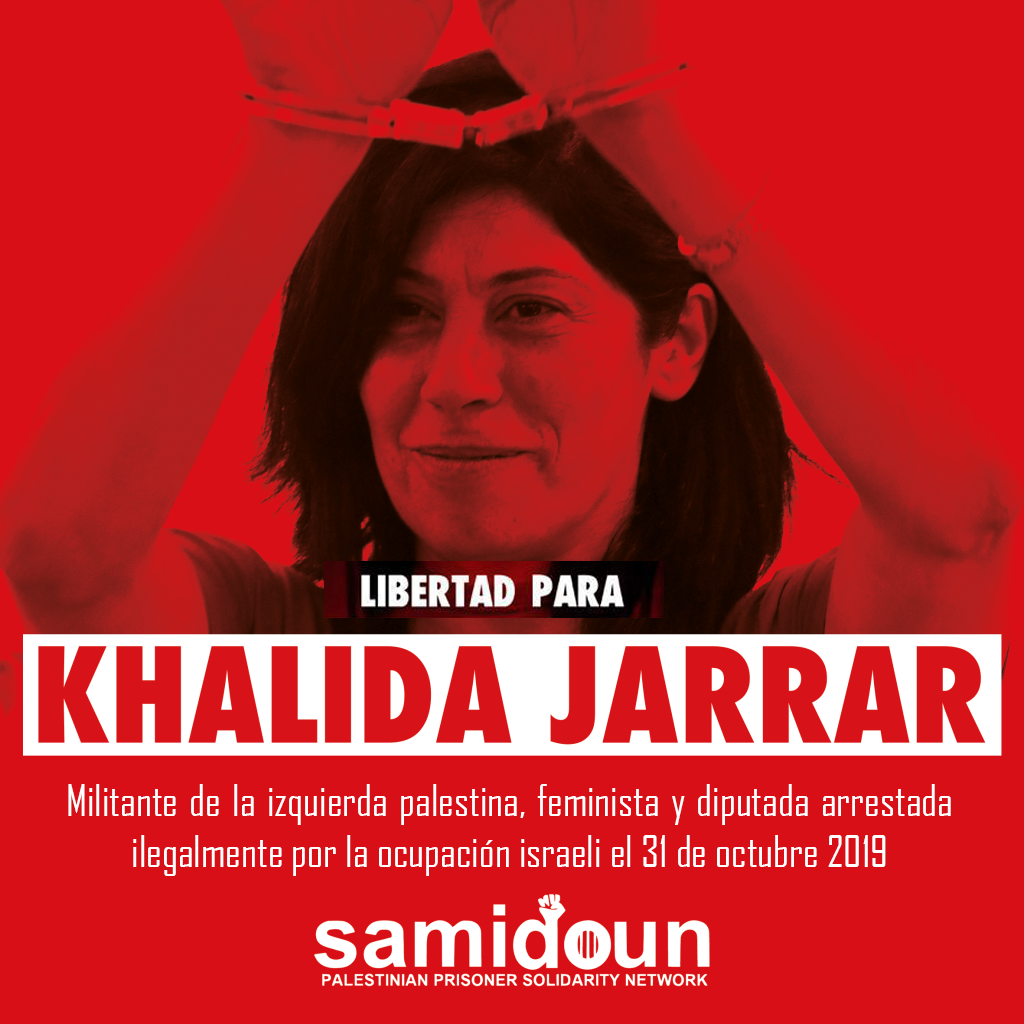
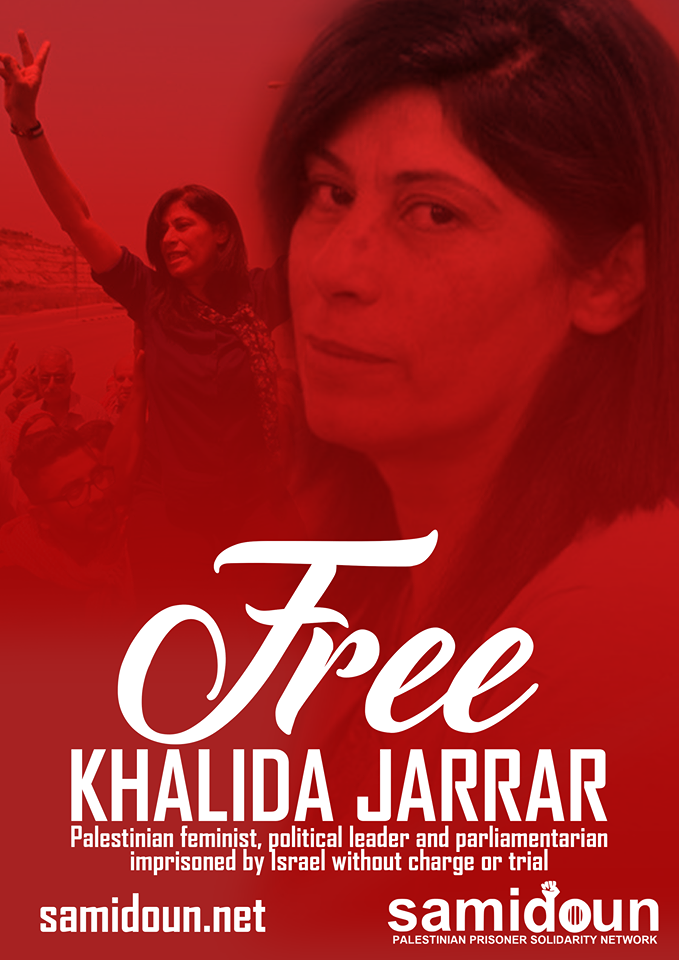
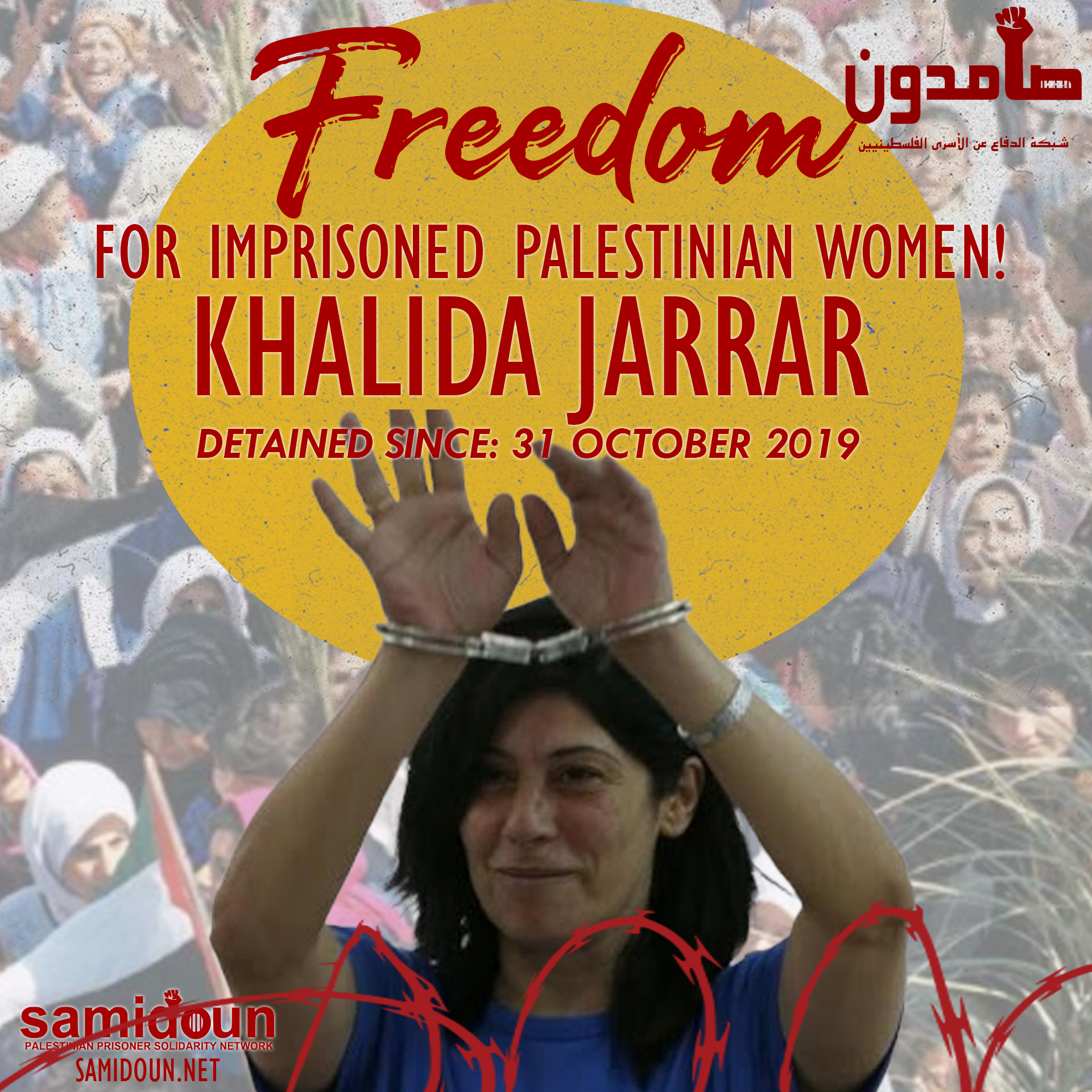
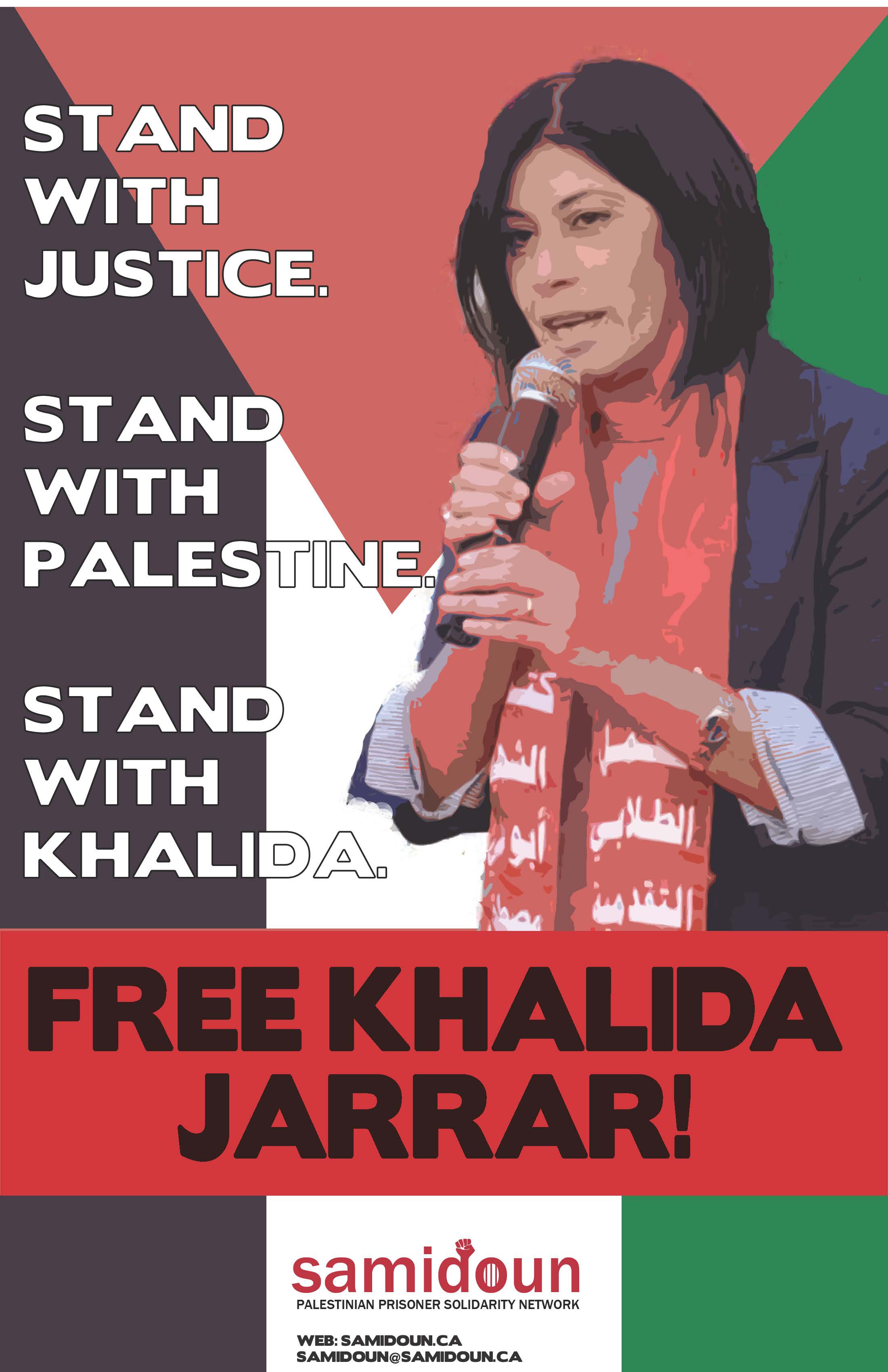
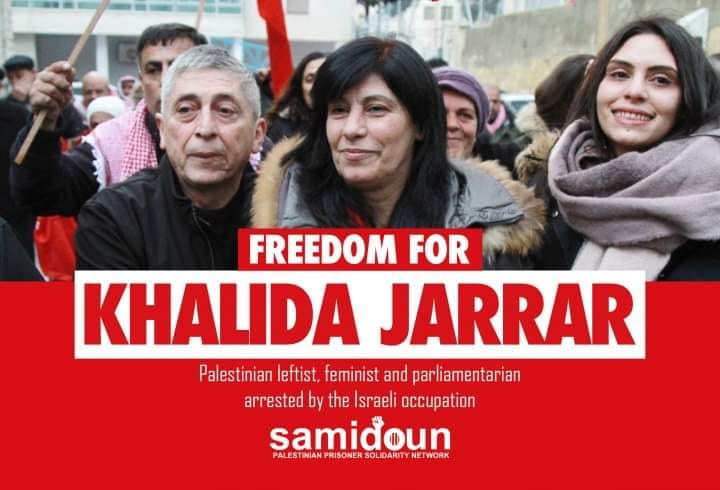
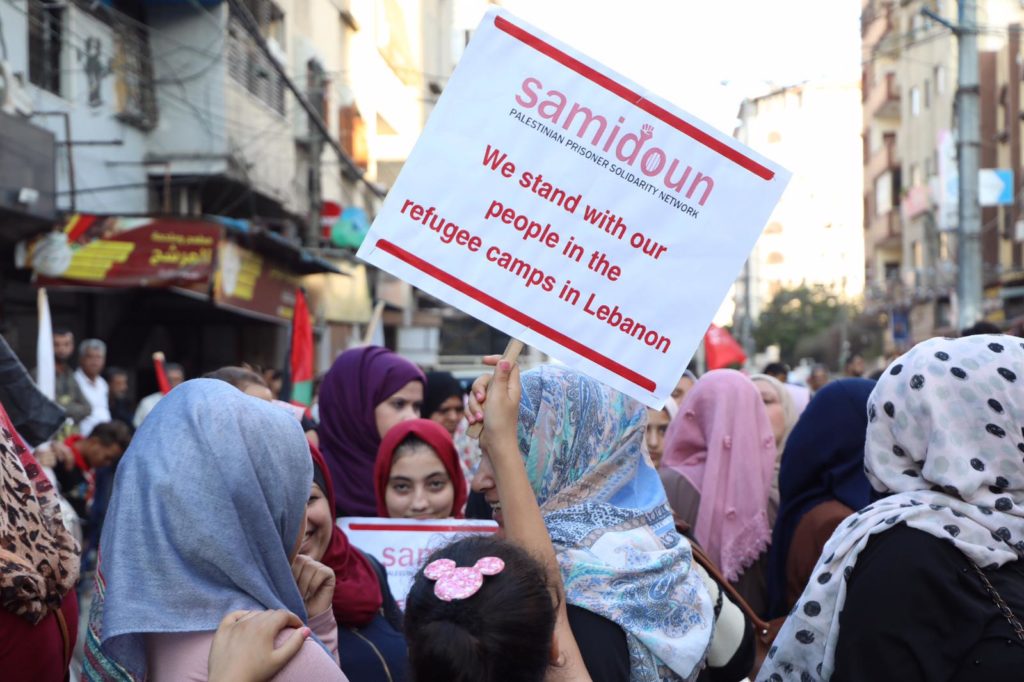
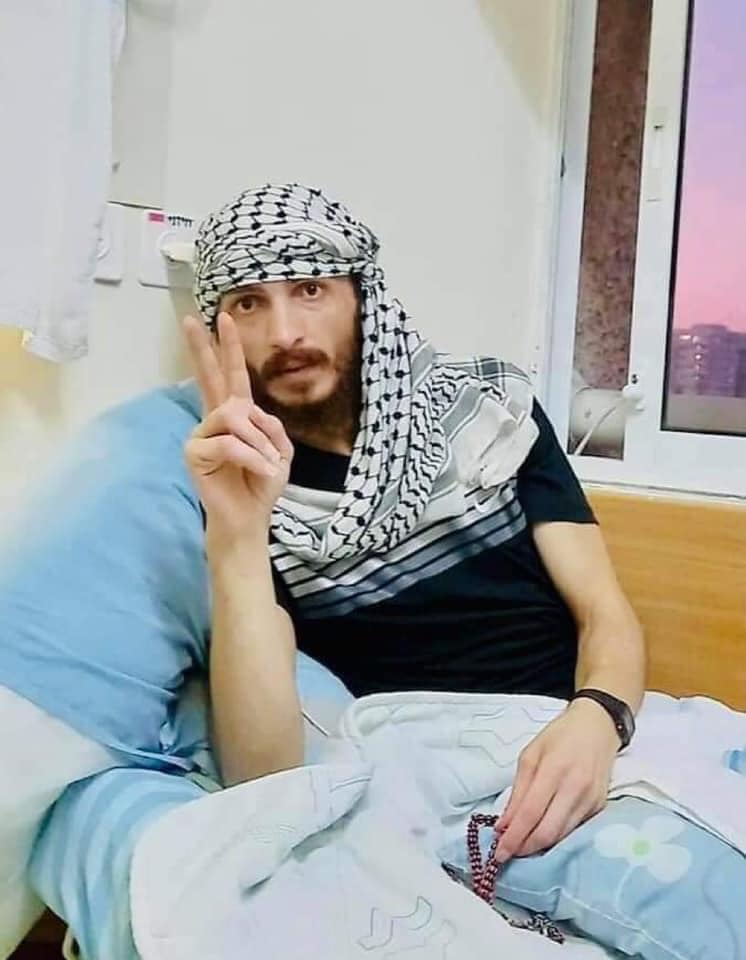

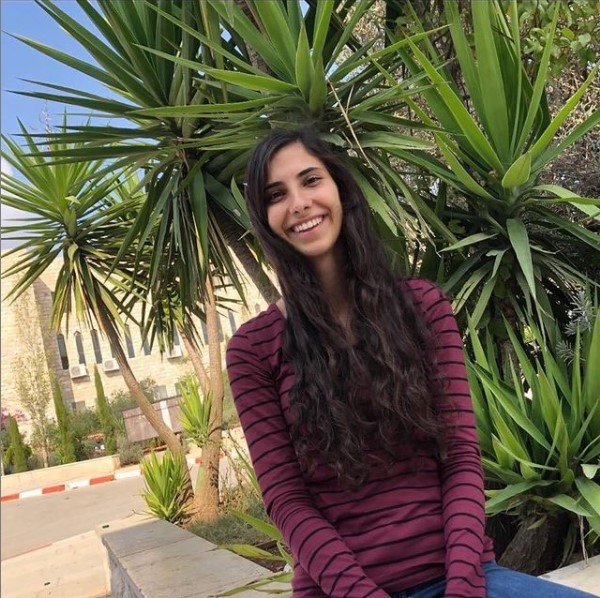
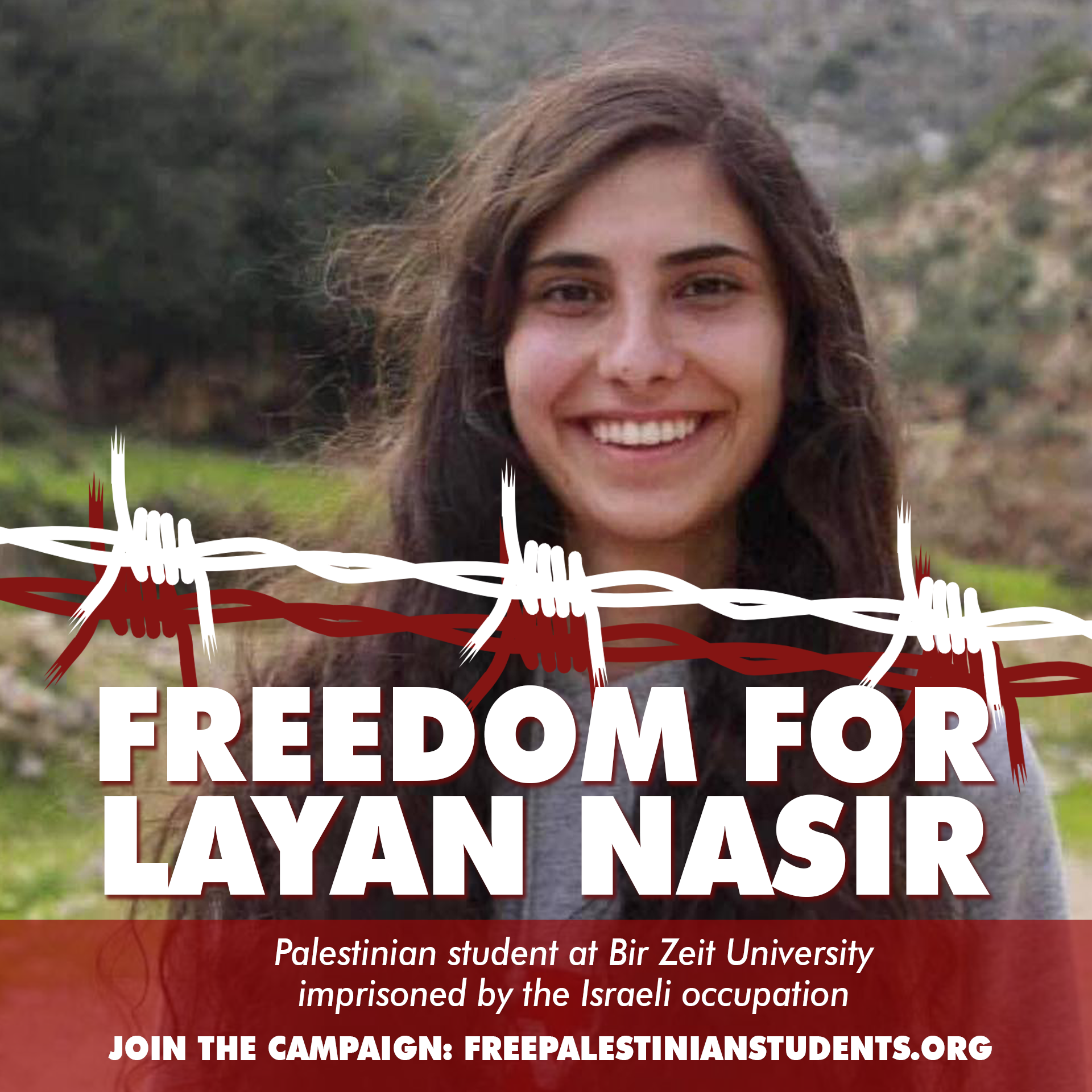
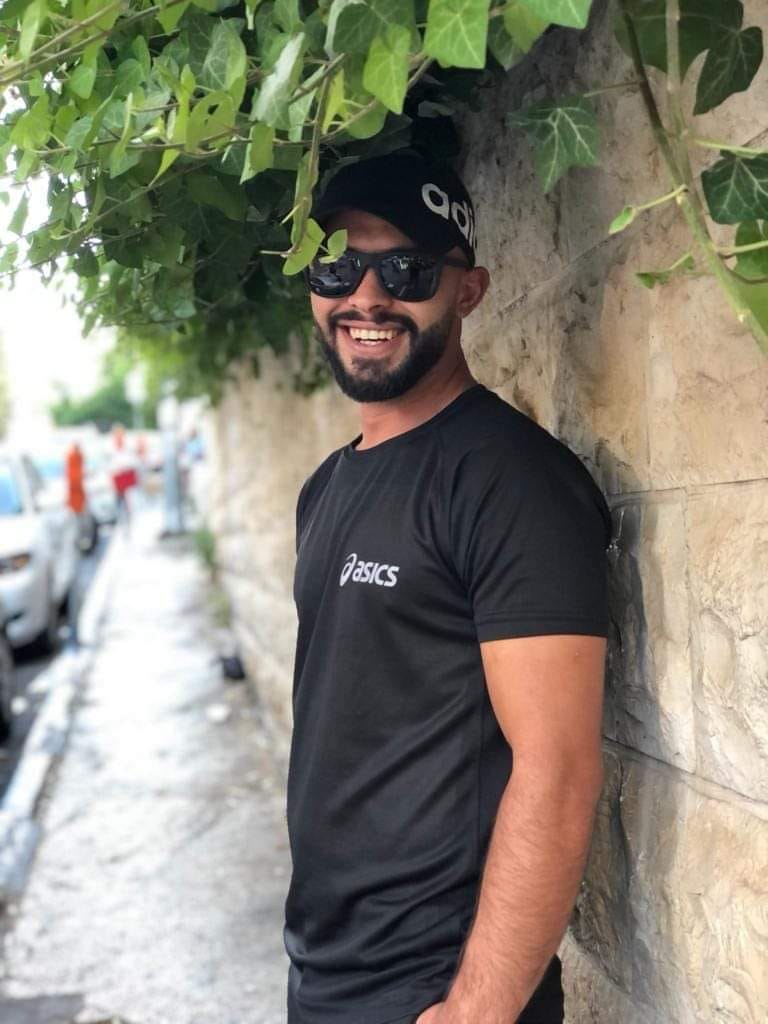
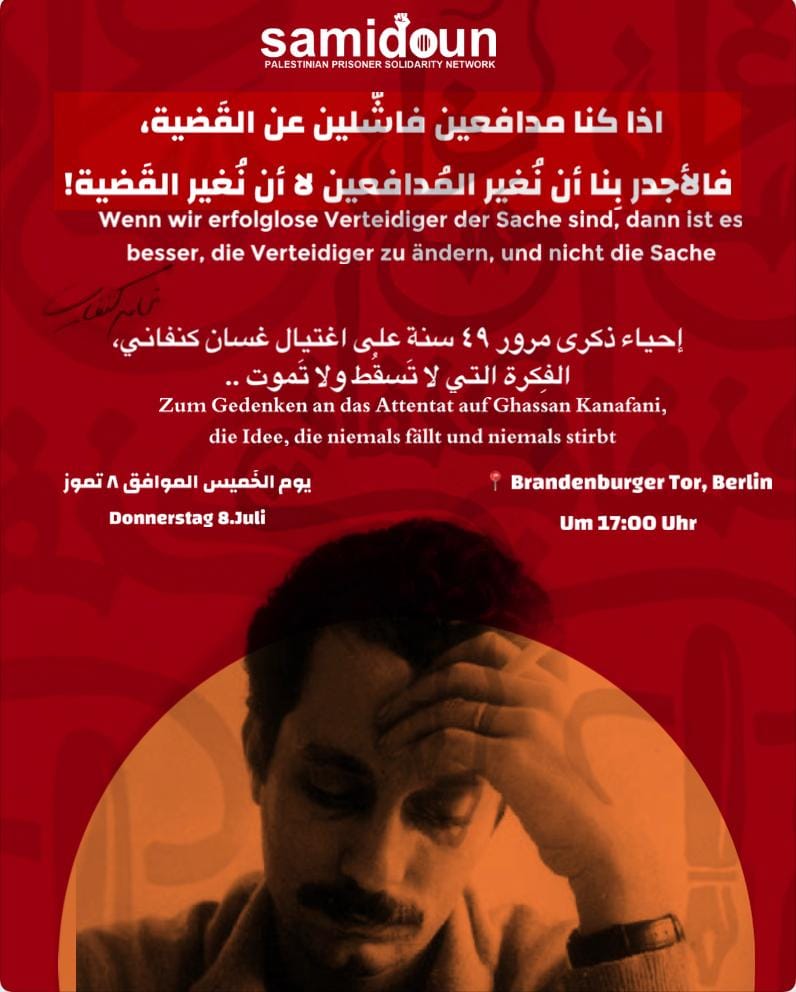 Thursday, 8 July
Thursday, 8 July